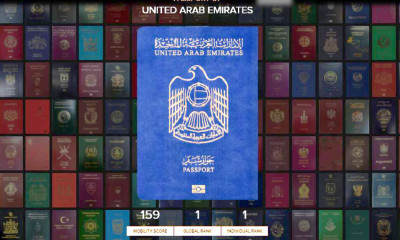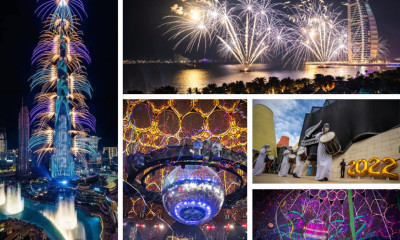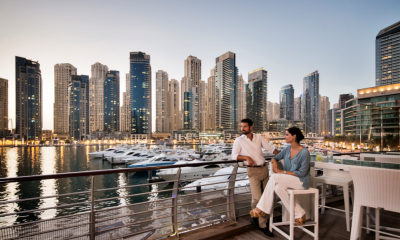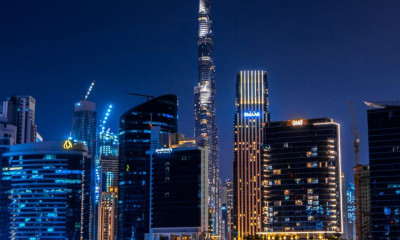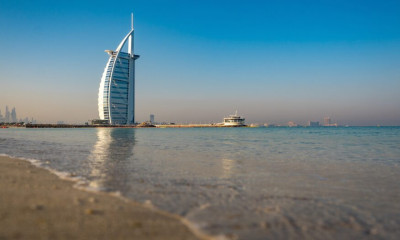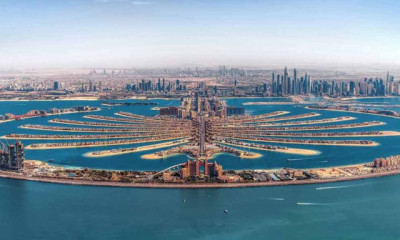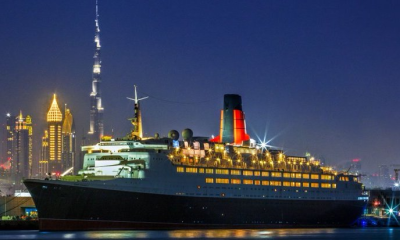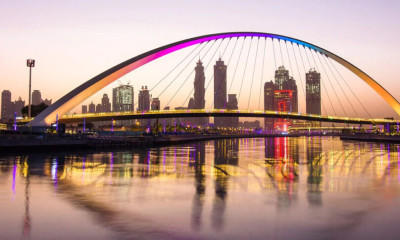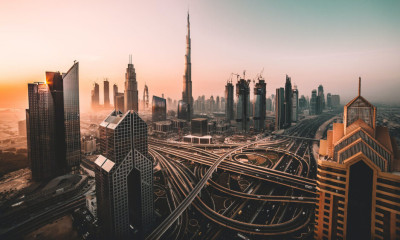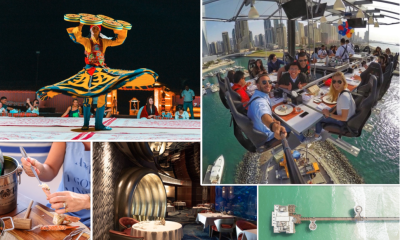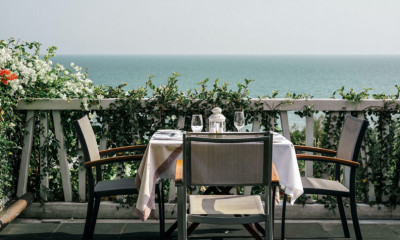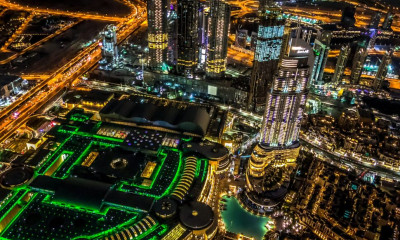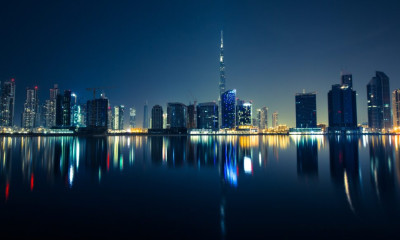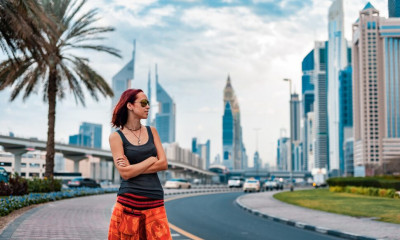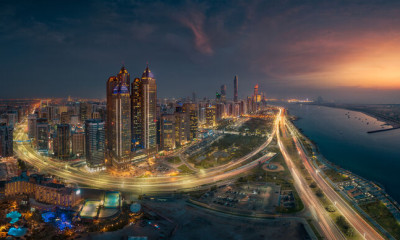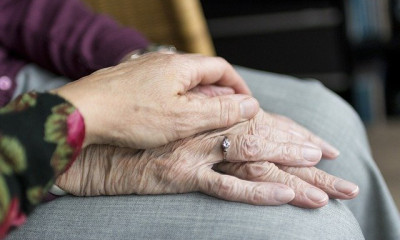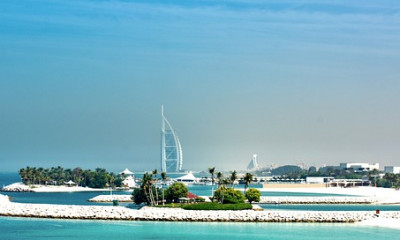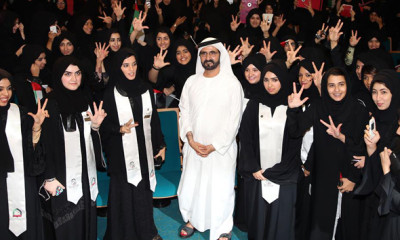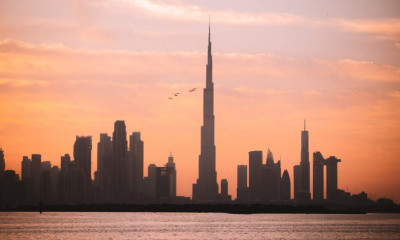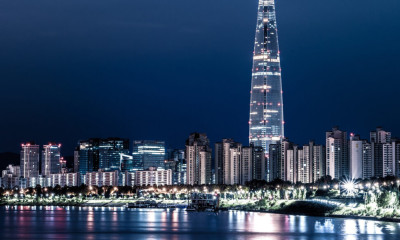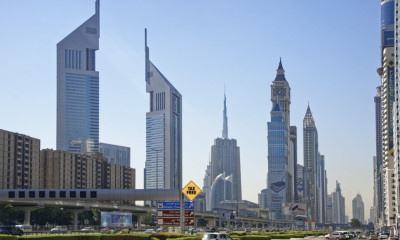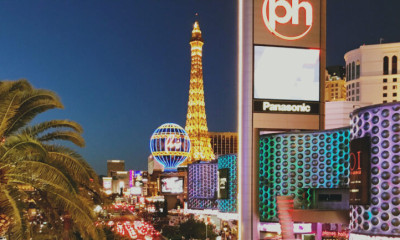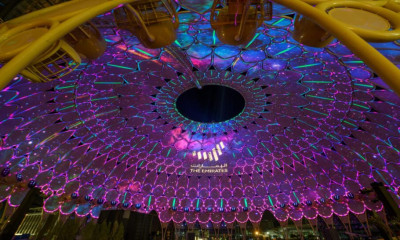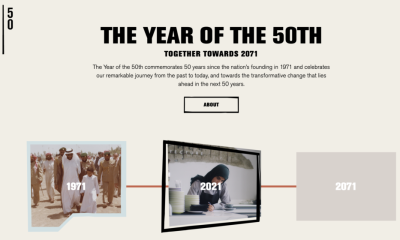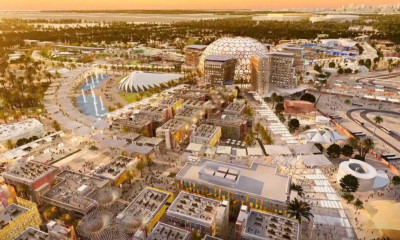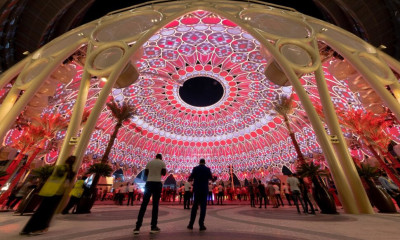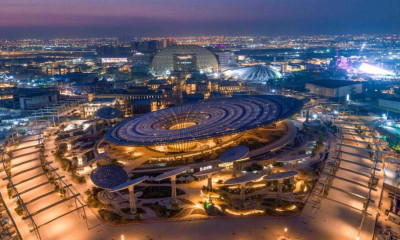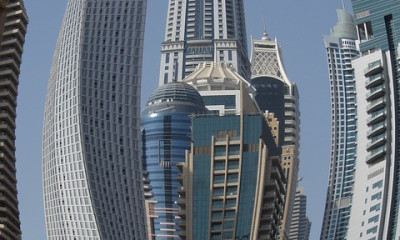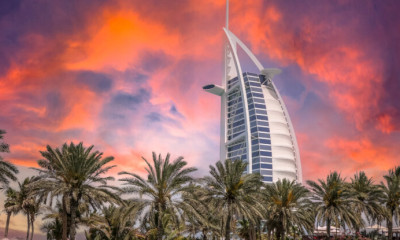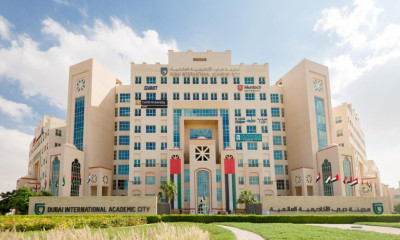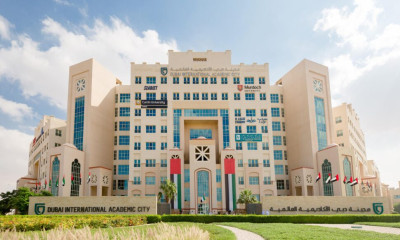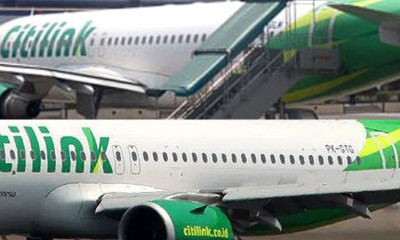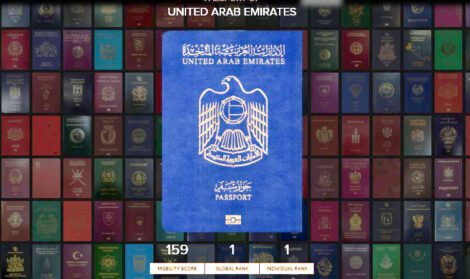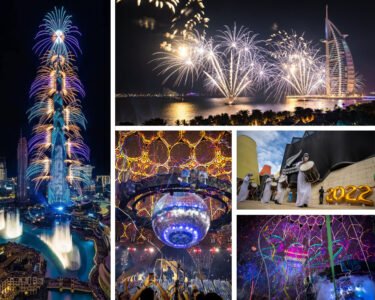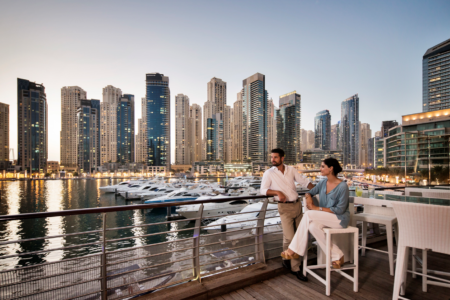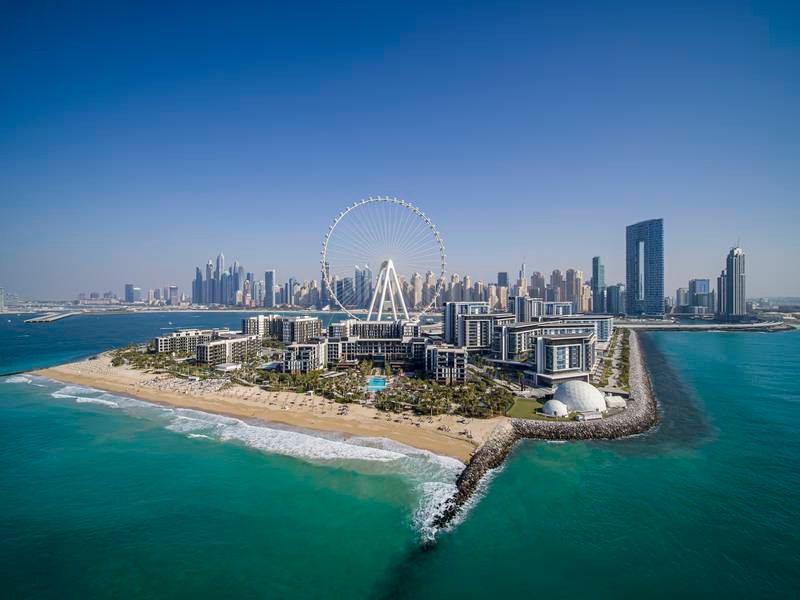
On July 7, 2021, Dubai marked a year since reopening its borders to international tourists. The city welcomed 3.7 million visitors in the 11 months from July 2020 to May 2021. Two million of those visitors came in the first five months of 2021, outpacing the 1.7 million that visited during the seven months between July and December 2020.
“The new data reveals that Dubai’s tourism rebound is gathering pace despite the current challenges faced by international markets,” said HH Sheikh Hamdan bin Mohammed bin Rashid Al Maktoum, Dubai Crown Prince and Chairman of The Executive Council of Dubai.
In the first half of 2020, the Covid-19 pandemic forced countries across the world to close their borders for international visitors. That had a devastating impact on global travel and tourism. So severe were the global lockdowns that most international events and activities had to be cancelled, postponed, or hosted virtually.
Thanks to swift action by its municipality, healthcare, law enforcement and tourism agencies, Dubai was one of the first cities to reopen for international travellers in July 2020
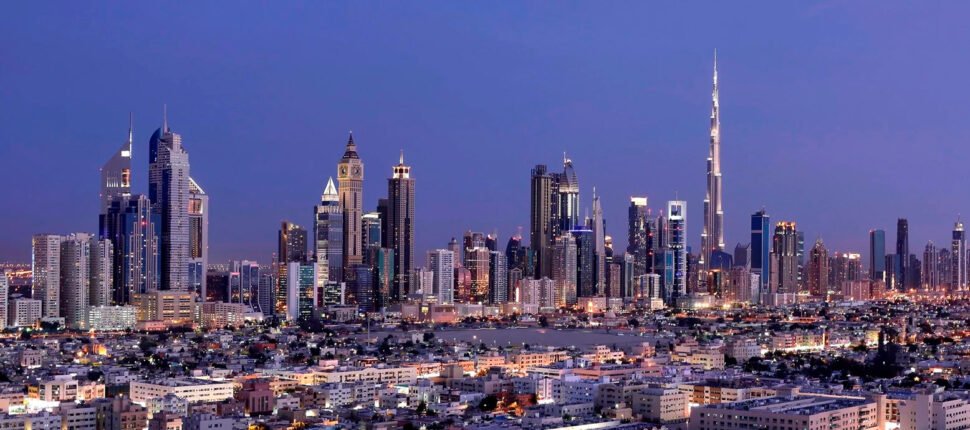
However, thanks to pre-emptive and swift action by its municipality, healthcare, law enforcement and tourism agencies, Dubai was one of the first cities to reopen for international travellers in July last year. Other cities followed it eventually, but the world is still struggling with second and third waves of the virus. Dubai and the wider UAE, have managed to maintain their edge. Dubai was one of the most popular destinations over the New Year’s holidays even as several other global destinations remained closed.
“The growing momentum of recovery not only reflects the fundamental strengths of Dubai’s tourism sector and the diversity of its source markets but also the emirate’s economic resilience and agility in the face of a rapidly fluctuating global environment”
Sheikh Hamdan bin Mohammed bin Rashid Al Maktoum, Dubai Crown Prince and Chairman of The Executive Council of Dubai
Dubai is now at the forefront of global tourism recovery. Overall hotel occupancy in the emirate stood at a healthy 58 per cent in the 11-month period to May 2021. There was a 106 per cent rise in domestic hotel arrivals during the period, providing a major impetus to the rebound in tourism.
Dubai, which is all set to host the delayed Expo 2020 from October 1 this year, remains opens for vaccinated tourists from green zone countries. “The growing momentum of recovery not only reflects the fundamental strengths of Dubai’s tourism sector and the diversity of its source markets but also the emirate’s economic resilience and agility in the face of a rapidly fluctuating global environment,” said Sheikh Hamdan.
Dubai is looking forward to welcoming more first-time tourists for the six-month-long Expo 2020, which will feature at least one live event every day until the end of March 2022

Travel from some of Dubai’s top tourism source markets, including India and the UK, was restricted at the time of writing this article. The emirate is eyeing new markets to help make up for the loss of visitors from traditional markets. Dubai is looking forward to welcoming more first-time tourists for the six-month-long Expo 2020 extravaganza. The Expo will feature at least one live event every day over the entire six months until the end of March 2022.
The emirate continues to represent a major opportunity for hotel developers. A total of 715 hotel establishments with 128,000 rooms were operating in May 2021 in full compliance with health and safety protocols. “Dubai’s ability to implement a rigorous precautionary protocol regime has made the city one of the world’s safest destinations for travellers. As we gear up to host Expo 2020, these exceptional standards will enable us to ensure the event provides the highest global benchmarks of safety and security for all visitors,” said Sheikh Hamdan.
Global holiday company Kuoni said last year, at the peak of the lockdowns, the UAE was the most searched destination for tourism in 2021. “Home to the popular tourist destination of Dubai, the UAE was the most-searched-for holiday spot for 2021 in 11 countries,” the travel firm said in a report. “Each of the seven emirate states has its own characteristics, but they’re all an excellent destination for some winter sun. Dubai has a futuristic style with soaring skyscrapers, epic shopping malls and long stretches of beach, Fujairah has some incredible snorkelling spots and Ras Al Khaimah draws beach lovers to its beautiful coastline,” it noted.



